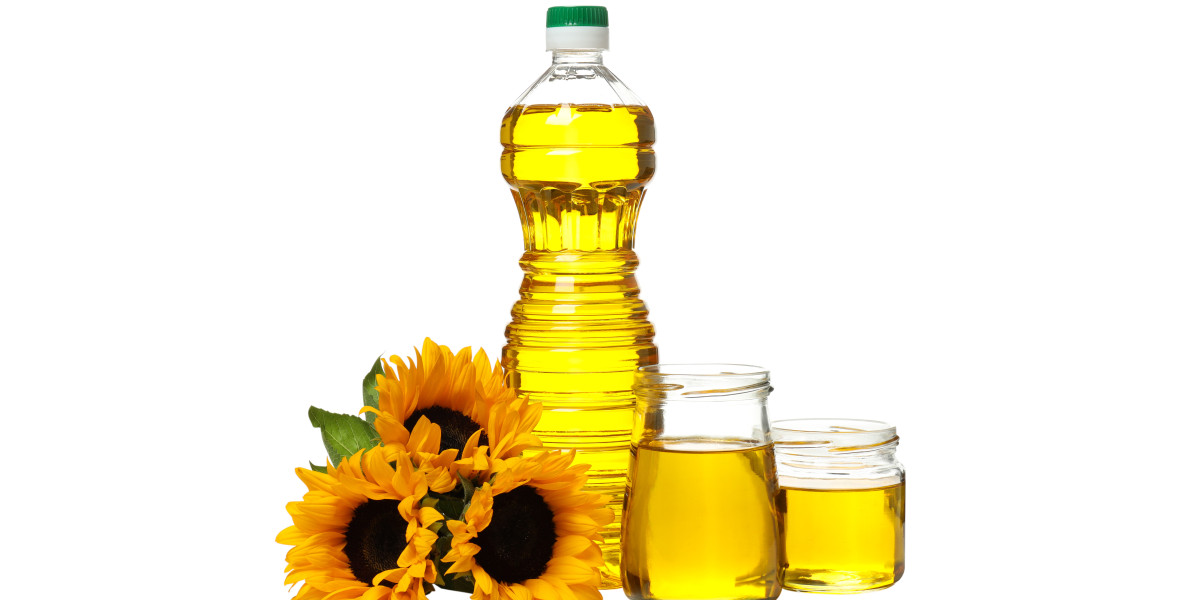Mustard oil has been a staple in South Asian kitchens for centuries. Known for its distinctive flavor, vibrant yellow hue, and numerous health benefits, this oil is more than just a cooking ingredient – it’s a part of tradition, culture, and healthy living. Whether you’re frying, sautéing, or using it as a salad dressing, mustard oil can elevate the taste and nutritional value of your meals.
In this article, we’ll explore what mustard oil is, its nutritional profile, health benefits, and why mustard oil for cooking is an excellent choice for every home.
What is Mustard Oil?
Mustard oil is extracted from mustard seeds through a cold-pressing process. It has a sharp, pungent aroma and a slightly spicy taste that enhances the flavor of various dishes. It’s widely used in South Asian, East Asian, and Mediterranean cuisines.
There are two main types of mustard oil:
Edible Mustard Oil – Commonly used in cooking, particularly in South Asia.
Essential Mustard Oil – Often used for massage, hair care, and skin treatments.
For cooking purposes, edible mustard oil is the preferred choice because of its unique flavor and rich nutritional content.
Nutritional Profile of Mustard Oil
Mustard oil is loaded with essential nutrients, making it a healthier alternative to many refined oils. It contains:
Monounsaturated Fatty Acids (MUFA) – Good for heart health
Polyunsaturated Fatty Acids (PUFA) – Support brain function
Omega-3 Fatty Acids – Reduce inflammation
Vitamin E – Improves skin and immune system health
Antioxidants – Protect the body from oxidative stress
A tablespoon of mustard oil contains about 124 calories, making it energy-rich yet beneficial when consumed in moderation.
Health Benefits of Mustard Oil for Cooking
1. Heart Health
Mustard oil contains a healthy ratio of omega-3 and omega-6 fatty acids. These help lower bad cholesterol (LDL) levels while increasing good cholesterol (HDL), thus reducing the risk of heart disease.
2. Improves Digestion
Using mustard oil in cooking stimulates the production of digestive juices and bile, aiding in better digestion and absorption of nutrients.
3. Boosts Immunity
The vitamin E and antioxidants present in mustard oil strengthen the immune system, making the body more resilient to infections.
4. Anti-Inflammatory Properties
Mustard oil contains selenium, which reduces inflammation and joint pain, making it a good choice for those with arthritis.
5. Skin and Hair Health
While edible mustard oil is mainly used for cooking, its nutrients also promote healthy skin and shiny hair when used externally.
Why Use Mustard Oil for Cooking?
Flavor Enhancement
The sharp, pungent flavor of mustard oil adds a unique taste to curries, stir-fries, and marinades. It’s especially popular in pickles and traditional South Asian recipes.
High Smoke Point
Mustard oil has a high smoke point, making it suitable for deep-frying and high-heat cooking without breaking down into harmful compounds.
Long Shelf Life
Due to its natural antioxidants, mustard oil stays fresh for a longer time compared to other cooking oils.
Mustard Oil in Traditional Cooking
In South Asian cuisine, mustard oil is not just a cooking ingredient – it’s an essential part of the food culture. For example:
Bengali Cuisine uses mustard oil for fish curries and pickles.
Punjabi Recipes often incorporate mustard oil in marinades for meats.
Pickling relies heavily on mustard oil to preserve vegetables and enhance flavor.
Tips for Cooking with Mustard Oil
Heating Before Use – Heat mustard oil until it starts to smoke lightly; this reduces its pungency.
Pairing with Spices – Works best with strong spices like cumin, turmeric, and chili powder.
Moderation is Key – Like all oils, it should be consumed in moderation for a balanced diet.
Mustard Oil for Cooking vs. Other Oils
While refined oils like sunflower or soybean oil are common in many kitchens, mustard oil stands out because of its:
Higher MUFA content for heart health
Stronger natural flavor
Better preservative properties for pickling
Unlike heavily processed oils, mustard oil retains more natural nutrients due to minimal refining.
Mustard Oil for Healthy Lifestyle
Incorporating mustard oil into your diet can be a small but powerful step towards a healthier lifestyle. You can:
Use it in everyday cooking for its health benefits.
Mix it with other oils to balance flavors.
Include it in your diet for heart health and better digestion.
Conclusion
Mustard oil for cooking is more than just an ingredient – it’s a powerhouse of flavor, nutrition, and tradition. From its rich nutritional profile to its heart-friendly fats and strong cultural roots, mustard oil deserves a permanent place in your kitchen. By choosing mustard oil, you not only enhance the taste of your dishes but also add numerous health benefits to your daily meals.













